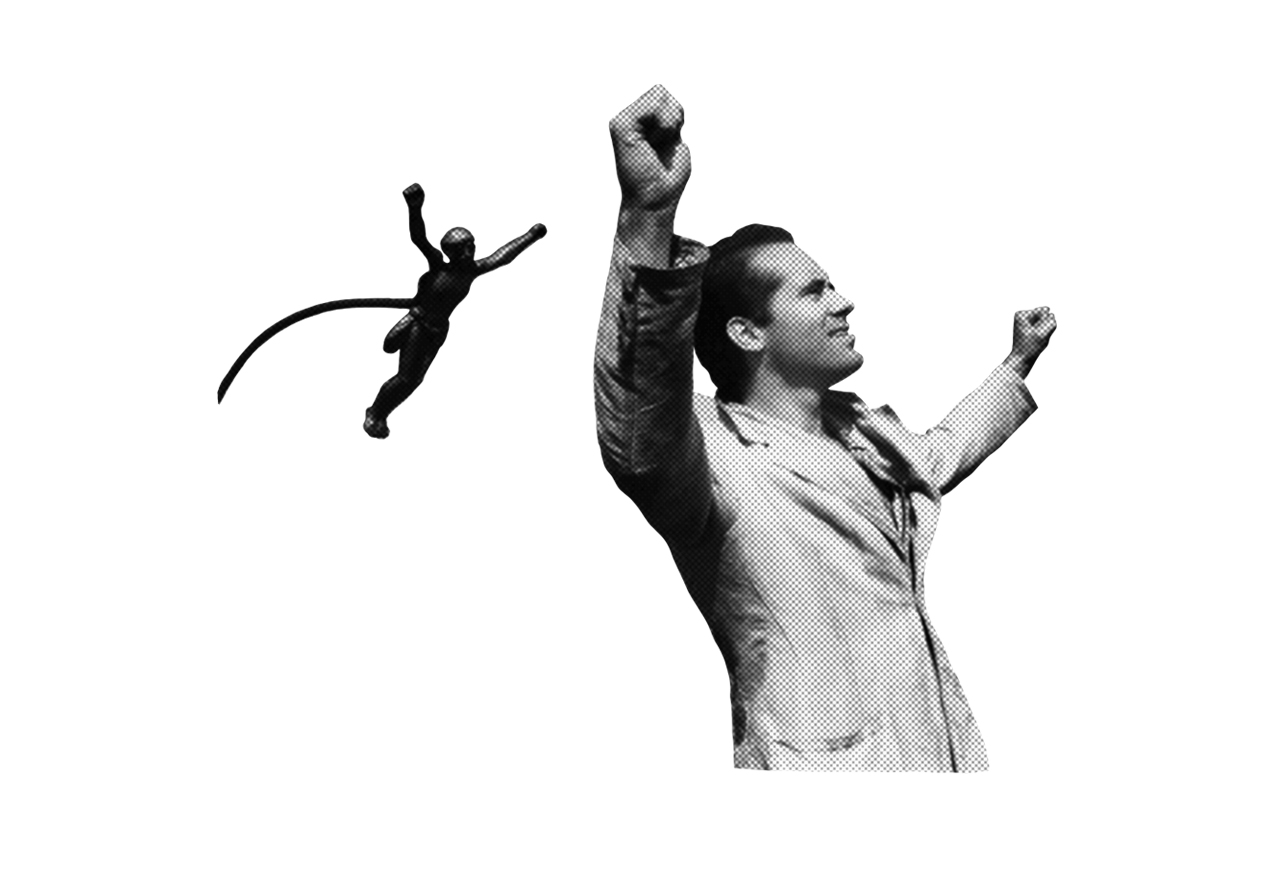
In partnership with the German Screen Studies Network, The Garden Cinema presents an exploration of the innovative and influential filmmaking emerging from West Germany in the 1960s, with a particular focus on eight key films made between 1972 and 1979.
This season will present some of the most celebrated films from the key filmmakers of the movement. Enhanced by expert introductions and post film discussion groups, our audience will be encouraged to consider these films within the context of the physical and psychological wounds of WWII, and the sweeping social changes brought about by rapid economic growth in the postwar period.
These eight films were made by young directors attempting to break away from the shadow of the previous generation, whilst contending with the ideological and geographical divisions of the country in the midst of the Cold War. The influence of Hollywood cinema pushes up against the bomb scarred industrial cities in the early road movies of Wim Wenders and in Rainer Werner Fassbinder’s melodramas, Werner Herzog mines history to explore wild states of human psychology, and Volker Schlöndorff and Margarethe von Trotta engage directly with 20th century politics and history through both journalistic realism and remarkable allegory.
“The old cinema is dead. We believe in the new cinema” – Oberhausen Manifesto (1962)